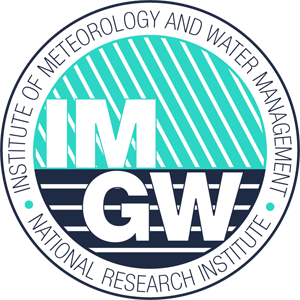ORIGINAL PAPER
Long-term seasonal characterization of extreme drought and flooding variability and their evolution in northwest Algeria
1
University of Abou Bekr Belkaid Tlemcen
Publication date: 2019-06-24
Meteorology Hydrology and Water Management, 7(2),63-71
KEYWORDS
TOPICS
ABSTRACT
A three decades-long study on the variability of drought in relation to the contribution of rainfall was conducted in the Mekerra wadi watershed, located in northwest Algeria, covering the period from 1973 to 2005. The runoff and rainfall data were analysed by the Mann-Kendall test, the double mass curve method and the SPI index. Rupture of the series studied appeared during the 1980s. The rainfall and runoff trends with their contributions were sharply reduced, except in, when an increase was recorded. The region experienced extreme drought from 1981-1989 and from 1993-2001 with rainfall contributions greater than 60%. The area focused on in this study was found to have two distinct seasonal periods with different rainfall-runoff patterns. The first was from November to July and was characterized by precipitation with a small runoff contribution, while the second, from August to October, manifested intense rainfall accompanied by a strong contribution from runoff. The increase, which was recorded in August, September and October for all the parameters studied shows the importance of the superficial runoff component when combined with decreased infiltration. These climatic conditions reduce the natural recharging of groundwater, and cause increased susceptibility to soil erosion, reduced agricultural production and increased risk of floods.
Share
RELATED ARTICLE
We process personal data collected when visiting the website. The function of obtaining information about users and their behavior is carried out by voluntarily entered information in forms and saving cookies in end devices. Data, including cookies, are used to provide services, improve the user experience and to analyze the traffic in accordance with the Privacy policy. Data are also collected and processed by Google Analytics tool (more).
You can change cookies settings in your browser. Restricted use of cookies in the browser configuration may affect some functionalities of the website.
You can change cookies settings in your browser. Restricted use of cookies in the browser configuration may affect some functionalities of the website.


